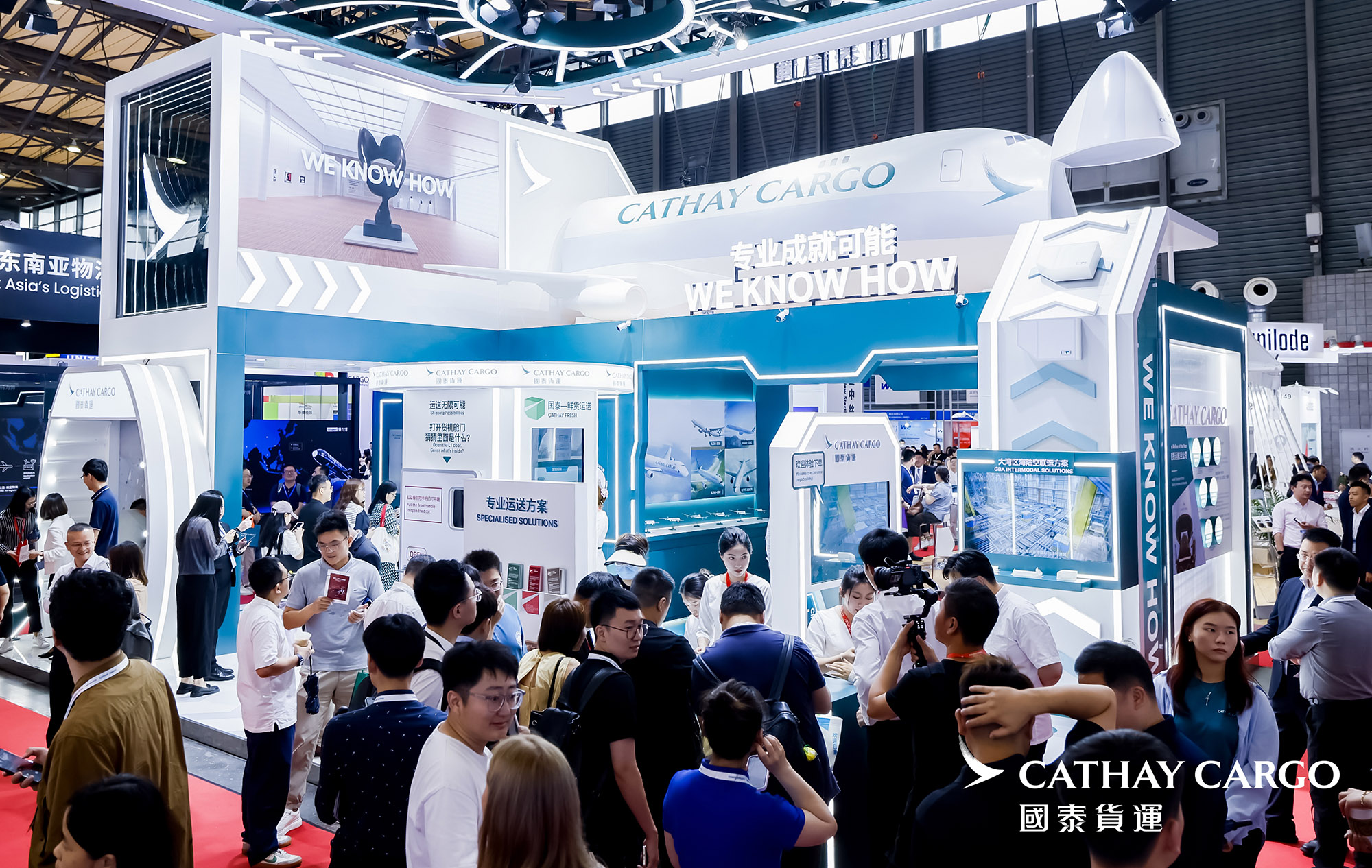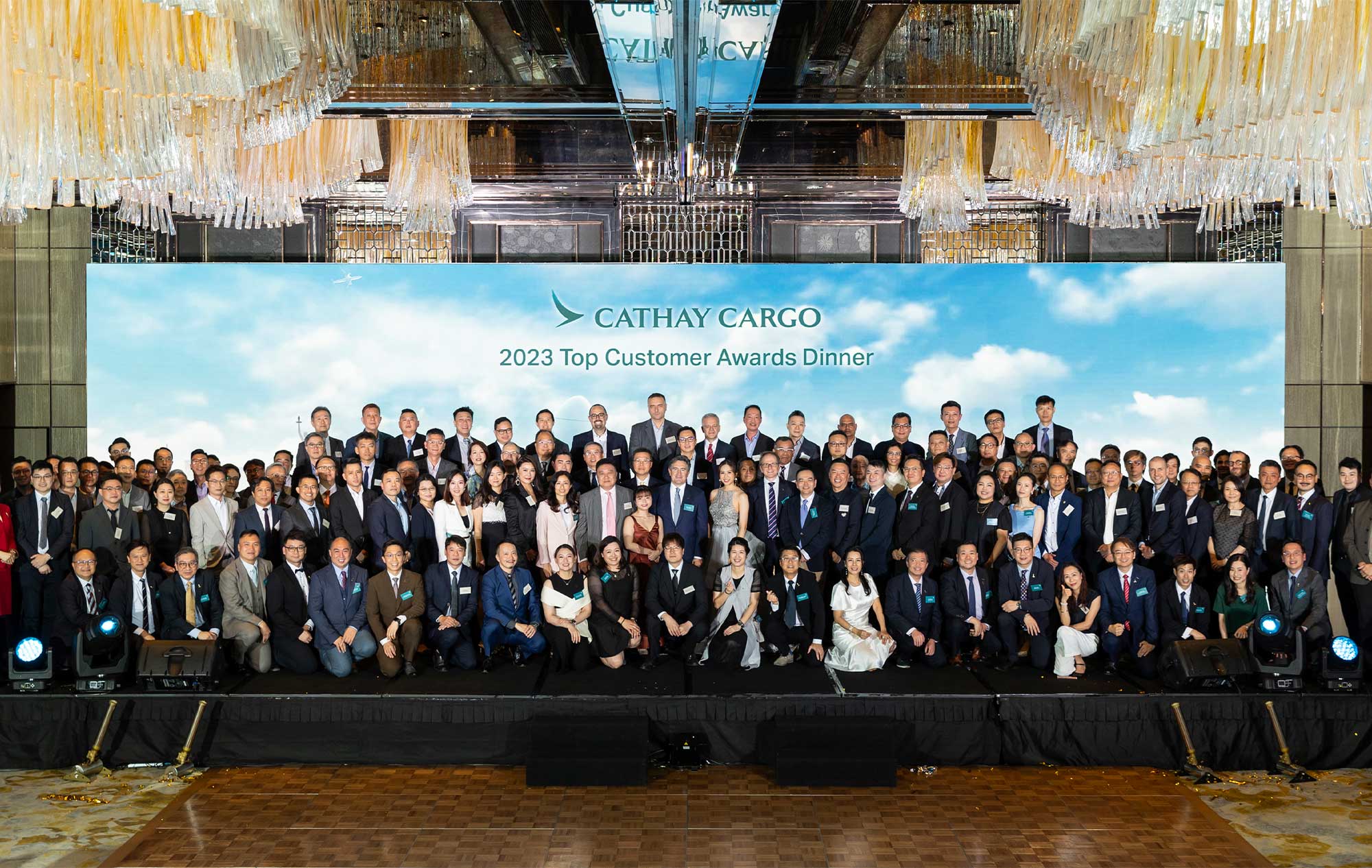Tell me a bit about yourself
I started my career in finance and IT, working initially as System Analyst for HSBC before completing a Master’s at the London School of Economics. I joined the cargo business in 2003, taking up roles with Panalpina, Speedmark and the forerunner to Schenker, before joining the family business, BEL, in 2006. We are also looking to add value and diversify with warehousing and logistics. Our business is mainly between Asia and Europe and the Middle East but recently, and with support from Cathay Pacific, we started handling goods to and from the US as well. I joined HAFFA (Hong Kong Association of Freight Forwarding and Logistics) in 2007 as a committee member, and I was very honoured to be made chairman this year.
What is HAFFA?
It is made up of more than 320 corporate members, which handle around 90 per cent of the air freight and a significant percentage of sea freight and contract logistics in Hong Kong. It incorporates some of the big players but predominantly it is composed of SMEs. We offer a variety of services to members, including IATA-approved training courses on dangerous goods handling, for example, CAD-approved cargo security courses on Regulated Agent Regime (RAR) and vocational training courses.
Through our website, HAFFA News and emails we provide members with the latest first hand information and best practice guidelines, and answer their queries. But the most significant benefits are the networking opportunities at our regular events, ad-hoc seminars and our lobbying voice.
We are a window into the freight forwarding and logistics business and the first point of contact to the wider world, be that government or international industry bodies like IATA and FIATA.
From these platforms, we ensure that the views of members are properly presented and that they get up-to-date information about the air cargo industry so we can share development with our members. I am glad to see that the government and these bodies listen to HAFFA’s voice because we represent so many businesses with an aim to resolve issues. We have built up this trust over the years. All of these points to cargo not being a mechanical process, but a people business.
What are the big issues for HAFFA members?
Anything that affects forwarders’ income or business wellbeing is a big concern for us, and although we are competitors we try to find areas where we can contribute and cooperate with one another by our active participation in local and international bodies. We cannot all finance ourselves to do multinational business. We always try our best to find some areas of mutual benefit.
Currently we are looking at potential problems in the forthcoming ICAO security policy starting in July 2021, which will see most of the cargo coming from China needing to be scanned because the trusted agent policy will move to shippers. Nowadays, only one per cent of RA cargo is scanned under RAR, which may lead to a major bottleneck in 2021 if no appropriate measures are implemented in time to address this.
What are the other challenges and opportunities for your business and for Hong Kong?
One issue nowadays is customers having a high level of visibility – the price, flight schedules and almost everything is put online. Even with the squeezed margins nowadays, we try to provide more value-added services and this auxiliary service model has become more common.
Beyond that, there are challenges from the cost of land and labour in Hong Kong, but there are also lots of opportunities such as the booming markets in e-commerce, high-value and perishables/cold chain shipments.
What do you do outside of work?
I have a one-year-old son, Sean, who’s just started learning to walk and talk, so he keeps us very busy at weekends. Otherwise my wife and I like travelling and playing golf with friends and business associates. I was on the Cathay Pacific Hong Kong Sales team golf tour to Bangkok in early June; and in Hanoi for the Cathay Pacific invitation golf day in mid-July. Again, this shows that our business is truly a people business.








